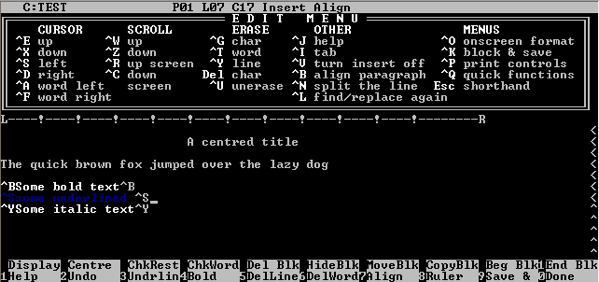digital forensics
Digital Archaeology at The Deleted City
In an heroic effort to preserve 10 years of collaborative work by 35 million people [Geocities], the Archive Team made a backup of the site just before it shut down. The resulting 650 Gigabyte bit-torrent file is the digital Pompeii that is the subject of an interactive excavation that allows you to wander through an episode of recent online history.
(Revised and republished April 13th, 2025)
Archive Team - Robots.txt is a suicide note
ROBOTS.TXT is a stupid, silly idea in the modern era. Archive Team entirely ignores it and with precisely one exception, everyone else should too.
Archive Team interprets ROBOTS.TXT as damage and temporary madness, and works around it. Everyone should. If you don’t want people to have your data, don’t put it online.
Matthew Kirschenbaum - Track Changes
Kirschenbaum’s Tumblr blog on his book project - http://trackchangesbook.tumblr.com
Matthew Kirschenbaum’s Literary History of Word Processing, Harvard University Press blog post:
It’s interesting to see how Kirschenbaum’s research on the effects of one technological innovation—word processing—is being so shaped by his own embrace of another, social networking. Until recently, it wasn’t often that we got to watch research unfold so publicly, but Kirschenbaum’s style of transparent, internet-based process documentation is becoming more and more common, especially among practitioners of the digital humanities.
Over the years I’ve used WordStar, WordPerfect, Microsoft Word, and many other word processing programs. At the moment I’m moving to Scrivener for larger projects like my dissertation, and Apple Pages for everyday writing. (In 2025, this has changed quite a bit!)

WordStar running in DOS, ca. 1980s (via Wikipedia)
(Revised and republished April 3rd, 2025)